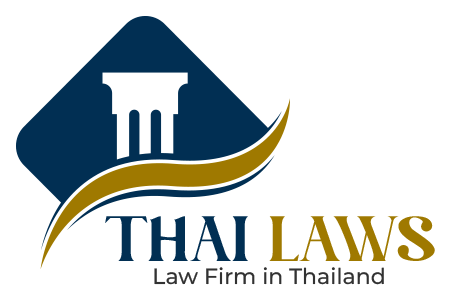Child custody is one of the most difficult issues in any divorce case. It usually arises when a married couple with children decides to file for a divorce in Thailand.
Parents have parental power over their children (clause 1568 CCCT). A father can also seek the legitimation of his child.
Joint custody
Family quarrels do not always go according to plan and if these quarrels lead to legal disputes, they must be settled in court. When these disputes involve children, Thai family law is in place to ensure that the best interests of the child are served. This is why the Thailand Civil and Commercial Code has provisions for domestic and inter-country adoptions, parental power of children, and divorces.
If a father wishes to exercise his rights over the child, he must file a legitimation case along with the mother. The court will then decide whether he is fit to exercise this power over the child.
The courts usually favor the mother in cases involving infants and young children. However, this is not a rule and the courts can change their decision at any time. This is why it is important to seek legal advice before deciding on custody arrangements. Child custody is one of the most important issues when a married couple in Thailand separates.
Sole custody
When a couple is getting divorced in Thailand, the issue of custody arises. Thai Law stipulates that sole custody is given to the mother. In case of a dispute between the spouses regarding this matter, the judge in the divorce case will decide.
For a father to get sole parental powers, he has to register the legitimation of his child with the district office and the mother must consent to this registration. It is also possible to get joint custody if the parents agree on this.
A pre-marital or prenuptial agreement is highly recommended for couples who want to protect their assets and avoid a financial dispute during the marriage dissolution process. The team at Juslaws & Consult can draft such an agreement to help avoid emotional strain during the divorce proceedings and ensure its legal validity in Thailand and overseas. This type of contract may also provide for the allocation of debt responsibilities and other provisions to ease the division of property in the event of a divorce.
Shared custody
A parent can seek shared custody with a Thai court. In most cases, if the parents have a signed divorce agreement (whether an administrative or Judicial Divorce), the judge in charge of their case will decide on how custody is shared.
In some cases, however, the judge may deem one of the parents as unfit to take care of the child and thus terminate their parental rights. This is done on extremely rare occasions and requires very strong proof that the parent has abused their parental rights.
This type of dispute can occur between a married couple involved in a Thailand divorce case or even unmarried couples who have children together. In the latter case, it is necessary for the father to legitimize his position as the child’s legal father by registering his name with the district office and getting the mother to consent to this. Otherwise, the father may not be granted custody or visitation rights under Thai law until paternity has been formally recognized by a court of law.
Legal custody
Child custody disputes usually arise during a divorce case. But, a dispute can also happen between parents who are not divorcing. Unmarried parents can also file a child custody case with Thailand family court.
The major policy concern in a child custody case is what is best for the child. This is the usual standard in most Western jurisdictions too. Therefore, Thai courts, with the assistance of social workers, closely analyze the parents’ behavior including child development issues.
Fathers’ legal rights in Thailand are dependent on proving their legal paternity. Paternity cases can be filed by a father seeking his parental rights or by a mother soliciting child support from the biological father. However, biological fathers who are unmarried do not have custodial rights unless they obtain a legal court order. This is referred to as child legitimation.




